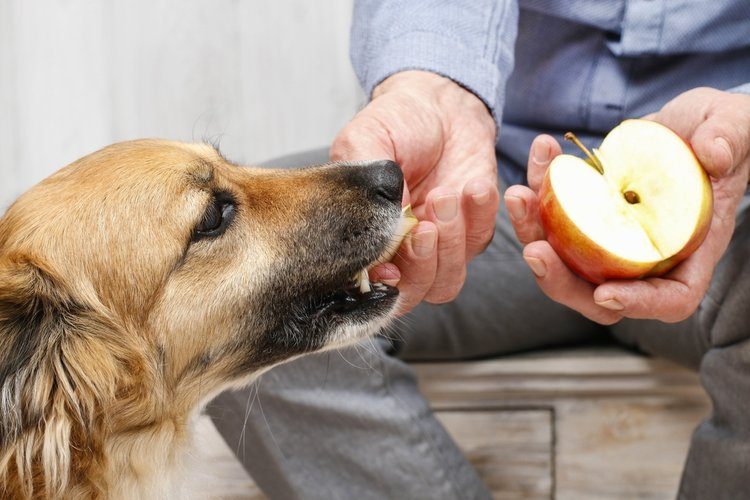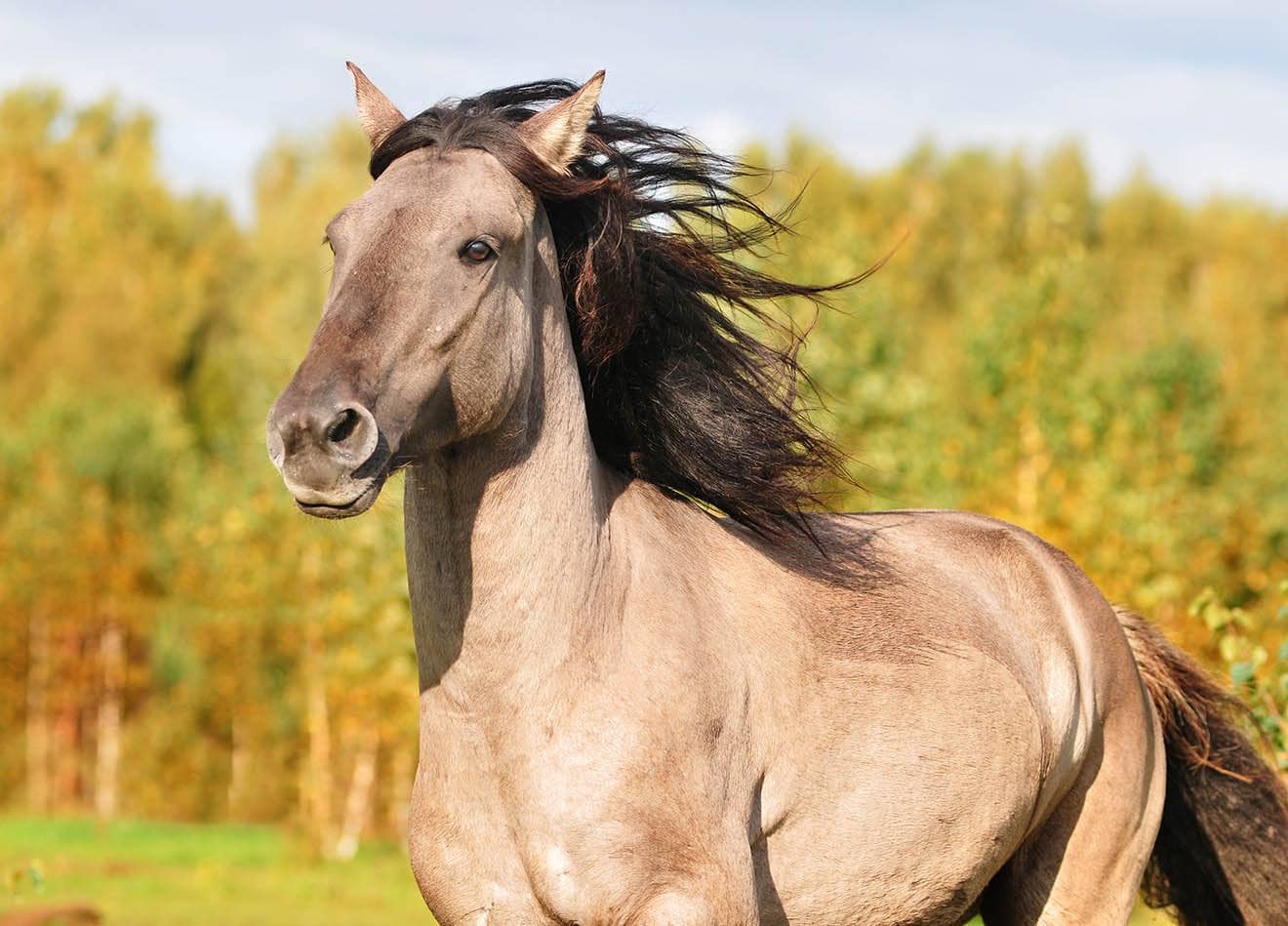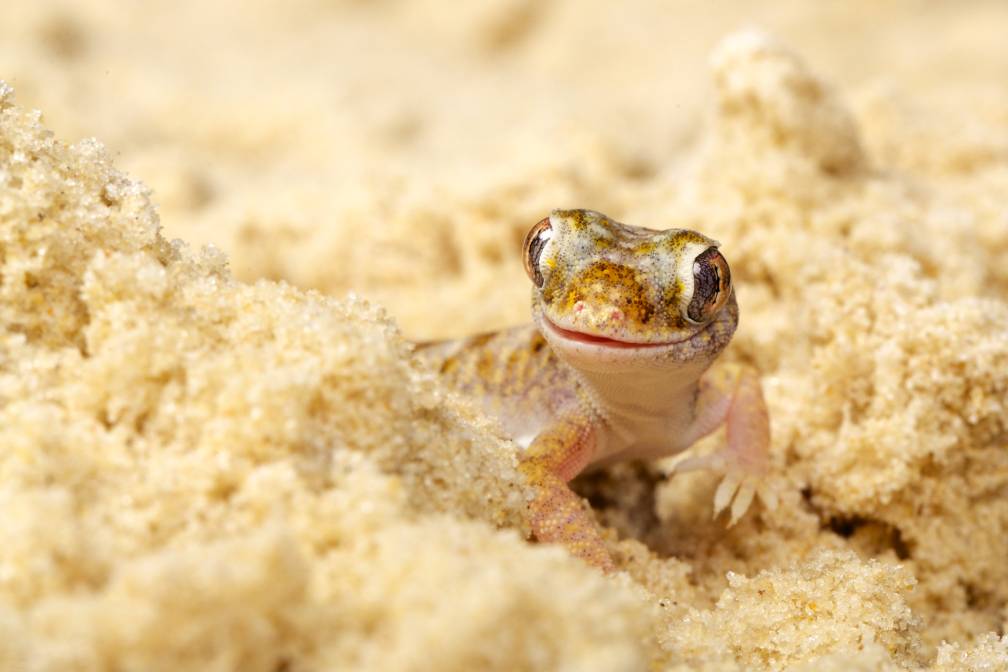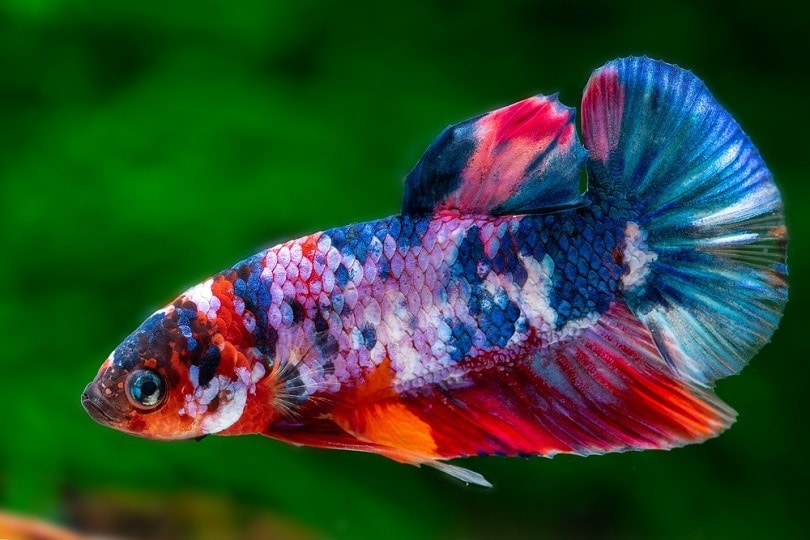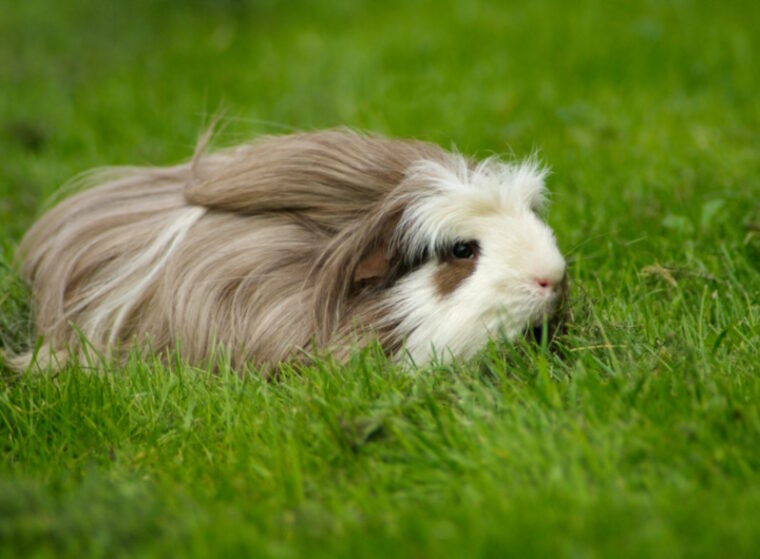
Click to Skip Ahead
Guinea pigs are one of the most popular small animal pets, but did you know they are available in 13 recognized breeds? One is the Coronet guinea pig, which is famous for their silky long hair. In this article, you’ll find information about the temperament and traits of the Coronet guinea pig, along with a guide to caring for them.
| Size: | Average |
| Weight: | 1.5–3 pounds |
| Lifespan: | Up to 8 years |
| Similar Breeds: | Silkie guinea pig |
| Suitable for: | Experienced guinea pig owners |
| Temperament: | Curious, affectionate, friendly |
The Coronet guinea pig is best known for their unique, flowing coat and sweet personality. As a popular breed for owners who want to breed and show their pets, the Coronet is more high-maintenance than some guinea pig breeds.
Guinea pigs are generally considered a good choice for beginning exotic pet owners, but the Coronet probably isn’t the best breed to start with. However, they make loving companions for experienced owners. Keep reading to learn more about the beautiful Coronet guinea pig.
Coronet Guinea Pig Breed Characteristics
 How Much Do These Guinea Pigs Cost?
How Much Do These Guinea Pigs Cost?
The Coronet guinea pig was developed by crossing the similar Silkie guinea pig with the White Crested and American Crested breeds. Coronets first emerged in England in the mid-1970s and are still called English guinea pigs. American breeders produced a slightly different version shortly after in the late 1970s.
Coronet guinea pigs may cost anywhere between $35 and $80. They are popular show guinea pigs, and higher quality animals may be more expensive. You may also be able to find a Coronet available for adoption through an animal shelter or guinea pig rescue.
Keep in mind that social guinea pigs are often unhappy living as a single pet. You may need to budget for purchasing or adopting two Coronet guinea pigs at double the cost.
Temperament & Intelligence of the Coronet Guinea Pig
Before adding a new pet to your household, it’s essential to ensure they’re a good fit for you and your family. That includes learning more about their personality and what to expect when owning them. Here are some details about the temperament and intelligence of the Coronet guinea pig.
Do These Guinea Pigs Make Good Pets? 👪
The dilemma of the Coronet guinea pig, like other longhaired breeds, is that they tend to have calmer personalities but more demanding care needs than shorthaired breeds. Coronet guinea pigs are generally affectionate, social, and friendly pets. In terms of personality, they make lovely companions for almost anyone.
However, Coronet guinea pigs are much more time-consuming to care for and require more handling than other breeds. They are not ideal for beginner guinea pig owners or those expecting a low-maintenance pet. If you’re prepared to provide the daily care they need, Coronet guinea pigs make excellent pets.

Does This Guinea Pig Get Along with Other Pets?
Small exotic pets like Coronet guinea pigs should be kept separate from dogs and cats. Guinea pigs view larger pets as predators, and the stress of seeing or interacting with even friendly dogs and cats can be dangerous.
Coronet guinea pigs should not be kept with other small rodents because they may pass diseases between them. If raised together, same-sex pairs of guinea pigs can live together. Males and females shouldn’t live together unless they have been spayed and neutered to prevent out-of-control breeding.
Things to Know When Owning a Coronet Guinea Pig:
If you think a Coronet guinea pig might be a good fit for you, here are more specifics about the care and setup you’ll need to keep one happy and healthy.
Food & Diet Requirements 🥕
Coronet guinea pigs are strict herbivores that should eat only plant-based foods. They should have constant access to quality grass hay. In addition, offer a variety of chopped, mixed vegetables and a pellet diet each day. Occasional fruit treats are also okay to feed.
Guinea pigs can’t make Vitamin C and need to obtain the nutrient from their diet or supplements. Choose fruits and vegetables high in Vitamin C and ask your vet if you should also give your Coronet guinea pig a supplement. Feeding various vegetables and fruits helps provide the Coronet guinea pig with balanced nutrition.
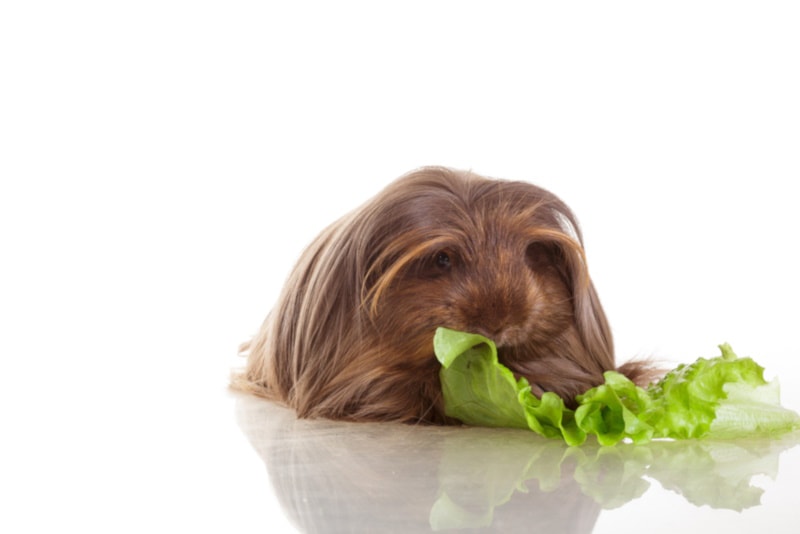
Habitat & Enclosure Requirements 🏠
One Coronet guinea pig needs an enclosure measuring a minimum of 36” L x 30” W x 18” H. A pair of guinea pigs need a larger habitat, and even a single pet will appreciate more space if possible. Make sure the enclosure is secure, well-ventilated, and has a solid rather than a wire floor.
Provide 2 inches of paper-based bedding along with a hiding box inside the enclosure. A water bottle and food bowl should also be included. To make clean-up easier, you can also place a litter box in the cage.
Exercise & Sleeping Needs 🐹
Coronet guinea pigs are generally most active at dawn and dusk. They prefer to sleep in their hiding box for privacy and security. For exercise and enrichment, you should provide your pet with chew toys and other play objects.
If possible, allow your guinea pig to spend time exercising outside their enclosure each day. Make sure they are in a safe, escape-proof area away from other pets. Coronet guinea pigs will thrive on the chance to interact outside the confines of their enclosure.
Training
Coronet guinea pigs need regular socialization from a young age to ensure they are tame and tolerate handling. Coronet guinea pigs must endure more frequent handling than other breeds because of their grooming needs (covered in the next section). You can develop a regular grooming routine and get your pet used to it as early as possible.
If you plan to show your Coronet guinea pig, you’ll need to train them to tolerate such activities as riding in a carrier or car and being handled by unfamiliar people frequently. Coronet guinea pigs can be trained to use a litter box, which may make it easier to keep them and their cage clean.

Grooming ✂️
Grooming a Coronet guinea pig is a daily commitment that should not be taken lightly. That gorgeous coat gets dirty and tangled easily. You’ll need to comb their fur daily, removing any stuck bedding or food.
Urine and feces can become caked into the Coronet guinea pig’s long hair and should be cleaned daily. You’ll likely need to bathe your pet frequently. Coronet guinea pigs often need regular professional grooming to keep their fur and nails trimmed and clean.
Lifespan and Health Conditions 🏥
With proper care, a Coronet guinea pig can live as long as 8 years, sometimes even longer. Feeding the right diet and maintaining a strict grooming routine are critical steps in keeping your pet healthy. Here are some health conditions that could impact your Coronet guinea pig.
Male vs Female
Male Coronet guinea pigs are usually slightly larger than females. They reach sexual maturity a little faster, between 56 and 70 days old. Female Coronet guinea pigs reach sexual maturity around 67 days old.
Adult females go into heat about three times yearly, which can be messy for the longhaired guinea pigs. Spaying female guinea pigs eliminates this issue and the danger of accidental breeding. Males can also be neutered.
3 Little-Known Facts About Coronet Guinea Pig
1. They Are Named for Their Hairstyle.
Coronet guinea pigs get their name from how the hair grows on their head. Most of their hair grows pointed backward on the body, but they have a single swirl or Coronet of hair on the center of their head. This feature distinguishes them from the similar Silkie guinea pig.
2. They Don’t Sleep Very Much.
As a species, guinea pigs spend very little time sleeping. One estimate suggests Coronets and other breeds may spend only 4% of their day asleep and sleep for as little as 6 minutes at a time.
3. They Are a Newer Breed, but They Have an Ancient History as Pets.
As we learned earlier, the Coronet guinea breed was developed in the 1970s. However, guinea pigs were first domesticated as pets as far back as 5,000 B.C. Domestic guinea pigs most likely descend from wild guinea pigs found in the Andes mountains of South America.
Final Thoughts
As we’ve learned, Coronet guinea pigs can make excellent pets, but keeping their flowing locks clean and neat can be demanding. Their grooming requires you to invest more time and money than other guinea pigs. Coronet guinea pigs certainly have a different look than you might be familiar with from these small exotic pets. However, like any pet, you shouldn’t choose a Coronet guinea pig based on looks alone. Do your research first and prepare for the time and money commitment you can expect to care for your new pet.
Related reads:
- Peruvian Guinea Pig Info: Pictures, Personality & Traits
- Himalayan Guinea Pig: Pictures, Temperament & Traits
Featured Image Credit: Pernille Westh, Shutterstock

 How Much Do These Guinea Pigs Cost?
How Much Do These Guinea Pigs Cost?